“Research….is a seeking that he who wishes may know the cosmic secrets of the world and they that dwell therein.” – Zora Neale Hurston

On sale now from Golden Goblin Press is Dread Shadows In Paradise, an anthology of Lovecraftian fiction set in the Caribbean Islands.
Edited by GG Press owner Oscar Rios and Brian M. Sammons, the table of contents is as follows:
- Jamal by Glynn Owen Barrass
- With the Storm by Pete Rawlik
- Crop Over by Tim Waggoner
- Tradewinds by Sam Gafford
- The Gold of Roatán by Sam Stone
- Sugar Rush by William Meikle
- Hearth of the Immortals by Konstantine Paradias
- Upon an Altar in the Fields by Lee Clark Zumpe
My contribution, Gods Of The Grim Nation follows real-life author and playwright Zora Neale Hurston early in her career as a anthropologist sent to Haiti to collect Voodoun folklore. When a series of ritual murders plague the interior back country, the local police crack down hard on the Vodoun societies. But Zora, with the aide of an accomplished secret society ritualist, sets out to uncover the true menace at the heart of the crime spree.
Zora Neale Hurston was a writer of the Harlem Renaissance best known for her 1937 novel Their Eyes Were Watching God. I first encountered her in college, where, reading her aloud in class, I took a delight in her writing style, which attempted to capture the folksy regional dialects of rural Florida African Americans in the 20’s and 30’s.
 A fiercely independent and outspoken woman, she had worked her way from the small town of Eatonville to college and into the epicenter of the Harlem Renaissance, rubbing elbows with Langston Hughes and Wallace Thurman, and yet remaining somewhat apart from their unified view, often to her detriment. Hughes and the other literati thought her cleaving to the rural and sometimes undignified depictions of African Americans denigrating to the race as a whole, and she was often criticized for her libertarian politics. She opposed integration, lamenting a loss of black teachers instructing black students in African cultural traditions, and was a staunch opponent of FDR’s New Deal, fearing always a loss of the personal liberty she strove all her life to maintain.
A fiercely independent and outspoken woman, she had worked her way from the small town of Eatonville to college and into the epicenter of the Harlem Renaissance, rubbing elbows with Langston Hughes and Wallace Thurman, and yet remaining somewhat apart from their unified view, often to her detriment. Hughes and the other literati thought her cleaving to the rural and sometimes undignified depictions of African Americans denigrating to the race as a whole, and she was often criticized for her libertarian politics. She opposed integration, lamenting a loss of black teachers instructing black students in African cultural traditions, and was a staunch opponent of FDR’s New Deal, fearing always a loss of the personal liberty she strove all her life to maintain.
“If I say a whole system must be upset for me to win, I am saying that I cannot sit in the game, and that safer rules must be made to give me a chance. I repudiate that. If others are in there, deal me a hand and let me see what I can make of it, even though I know some in there are dealing from the bottom and cheating like hell in other ways.”
She learned early in her studies to be a chameleon, ingratiating herself with white patrons enough to get a shiny Chevy automobile to bomb around the South collecting folklore in, and convincing the poor people among whom she moved that the expensive car had been earned through bootlegging so as to assuage their fears that she was some kind of detective.
 She traveled armed through the South in the 30’s, recording spirituals and folktales and recording the lives of sawmill workers and their white bosses, burned through two marriages, did some script work for Paramount Pictures, and earned a Guggenheim Fellowship to study the spiritual practices of Jamaica and Haiti. She produced two books on folklore from this, Tell My Horse and Of Mules And Men.
She traveled armed through the South in the 30’s, recording spirituals and folktales and recording the lives of sawmill workers and their white bosses, burned through two marriages, did some script work for Paramount Pictures, and earned a Guggenheim Fellowship to study the spiritual practices of Jamaica and Haiti. She produced two books on folklore from this, Tell My Horse and Of Mules And Men.
Proud and plucky, she once said;
“Sometimes, I feel discriminated against, but it does not make me angry. It merely astonishes me. How can any deny themselves the pleasure of my company? It’s beyond me.”
Despite her colorful career, she ended her life in obscurity, working as a maid and finally expiring in a retirement home. Half of her personal papers were literally saved from the trash fire in the zero hour by a friend.
 This incident of course, leaves her life’s work open for fictional exploration. What after all, were in the papers that didn’t survive? Much of her folklore writing is dismissed by modern scholars as sensational, but what if she was being deliberately distracting? I love writing secret histories, and Zora’s strong spirit combined with her openness to the spiritual (in New Orleans she underwent initiation ceremonies with more than a few Hoodoo doctors) and her dizzying array of life experiences made her the perfect sort of fighting scholar protagonist in my mind for the story I wanted to tell here, and, it turns out, keep telling. Zora will be appearing in at least two more stories for GG Press, in the forthcoming Heroes of Red Hook anthology, and in a TBD novella.
This incident of course, leaves her life’s work open for fictional exploration. What after all, were in the papers that didn’t survive? Much of her folklore writing is dismissed by modern scholars as sensational, but what if she was being deliberately distracting? I love writing secret histories, and Zora’s strong spirit combined with her openness to the spiritual (in New Orleans she underwent initiation ceremonies with more than a few Hoodoo doctors) and her dizzying array of life experiences made her the perfect sort of fighting scholar protagonist in my mind for the story I wanted to tell here, and, it turns out, keep telling. Zora will be appearing in at least two more stories for GG Press, in the forthcoming Heroes of Red Hook anthology, and in a TBD novella.
Here’s an excerpt from Gods Of The Grim Nation. Look for more Zora later. She’s not done with me yet.
——————————–
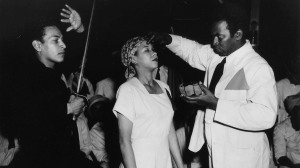
The two dozen hounsi gathered in the yard and the dark, skinny mambo priestess, a rural empress regal in her purple headdress and white gown, traced a complex veve of cornmeal in the dirt, the beacon to call down Papa Ghede. Her assistants laid out an old coat and pants and a high crowned hat which had seen better days at the foot of the cross. The drums began a steady beat, and the sacred calabash rattled.
“For Ghede, we dance the banda,” León explained, his pelvis jerking and swirling mesmerizingly. “Like so.” He smiled.
I felt my stomach heat up as I matched his movements, and wondered if he had taught this dance to Katie Dunham. He was a dark and beautiful man, but there was the silver ring on his finger with the E.F. inscription. He was promised to the goddess Erzulie and was as unavailable as a collared priest. To break that vow was to invite ill fortune. It was a damn shame.
León broke from the dance to assist the mambo, laying out a dish of peanuts and dried corn beside the bottle of clairin on the points around the veve. The ceremony became wild and as raucous as any juke party back home, the men and women dancing close, reveling in each other. We were not long turning about the cross, the drums thrumming through the marrow of our bones and guiding our hips as sure as a pair of firm hands, when one of the hounsi, a very large and dignified-looking woman, collapsed, her eyes rolling. The mambo and León knelt by her side to assist the mounting of the god upon his devotee.
 The woman sat up soon, her previously neutral expression entirely changed to one of shifty-eyed mischievousness. She smiled and leered at León as he set the patched coat over her rounded shoulders like a supplicant dressing his lord. She flitted her tongue in his ear and whispered things as the mambo crowned her with the hat and pushed a cheap cigar into her mouth and lit it. It was amusing to see the attention the woman was giving León, muttering obscenities to him through her teeth and puffing the cigar like an overbearing boss harassing his pretty secretary.
The woman sat up soon, her previously neutral expression entirely changed to one of shifty-eyed mischievousness. She smiled and leered at León as he set the patched coat over her rounded shoulders like a supplicant dressing his lord. She flitted her tongue in his ear and whispered things as the mambo crowned her with the hat and pushed a cheap cigar into her mouth and lit it. It was amusing to see the attention the woman was giving León, muttering obscenities to him through her teeth and puffing the cigar like an overbearing boss harassing his pretty secretary.
All around, the figures swayed and chanted, and the woman, now possessed, rose and smoked like a train engine. She snatched the ceremonial coco macaque stick from the mambo and placed it between her legs, thrusting herself provocatively at the other women as the mambo dusted her skin in ghostly white powder.
León came to me, wiping the sweat from his eyes. He was about to say something when abruptly the possessed woman seized his arm and spun him around.
The mambo rushed over, and the possessed woman snarled something at her. She backed away, shaking her head, but the big hounsi was adamant, and the mambo went to the drummers. In a few moments, they abruptly ceased.
The silence was startling in the grove, and the worshipers looked at each other in confusion, but the possessed woman drew herself up and spoke loudly in Creole, her eyes bulging and rolling hideously.
“Listen, horses! Do you hear? Do you hear the coco of the world tearing tonight? Do you feel the birth pains of the world? The Master of Pigs has eaten the last of you without salt and now ZoZo Le Entru Fè Nwa is crowning! No living man or woman can look upon it! The living will be the dead!”
I frowned. The Haitian brand of Creole wasn’t my forte, but what I could make out was troubling to hear.
The possessed woman still had a hold of León, and now she gripped his arm and pulled up his sleeve, bearing his forearm and squinting at a mark there.
“What will you do, ti couleve?” the spirit asked him.
“Guide me, Papa Ghede!” León stammered in naked fright.
The loa smiled through the woman and pushed the coco macaque stick into his hands.
“The Master of Pigs seeks to repay his ba moun with the whole of the world this night. ZoZo has promised to relieve his debt, but it will burn the minds of all who look upon it. It must be pushed back into the dark womb, and the bokor must pay.”
Then, to my surprise, she looked over León’s shoulder directly at me. It was strange to share the gaze of those god-taken eyes. She shoved León aside and lumbered toward me. For a minute I thought I would have to lay her out, but instead she stopped, squatted down, and plucked a rounded stone from the tall grass. She traced a shape on it with her pinky finger. To my amazement, I saw her nail was etching the very rock. When she was finished, she held it out.
“Take it, Lapli Pote. We will have need of a daughter of Chango.”
I narrowed my eyes. In the firelight, I recognized it as one of the so-called sacred stones, a carved tool of an earlier aboriginal people which Voodooists believed to have been cast down by Chango the thunder god. If a person breathed upon one and the stone sweated, it meant there was a spirit inside. She had scratched a crude star shape into it.
“Watch out! The bourresouse are here!” the mad-eyed woman yelled.
It was then that a shrill whistle blew, and a party of newcomers crashed into the grove from the forest, slashing the clearing with flashlights.
The possessed woman swooned. León caught her, grunting.
“What did he say to you?” León hissed at me, ignoring the advancing men.
“He said the bourresouse are here.”
León whirled as the men reached the tree. There were about fifteen in all, dark men in the uniforms and badges of the Garde d’Haïti.
“All of you are under arrest,” announced the leader, a major, by his insignia. “Sergeant, round them up. We have a wagon waiting for you beyond those trees.”
“On what grounds?” one of the milling devotees called.
“There’s been another murder.”
“This is Fête Ghede!” the mambo protested. “No blood is being shed here.”
The major looked at the mambo, and I saw him toss something amid the paraphernalia. A dagger.
“They’re armed!” he called to his men, and to my surprise, he took out his pistol, shoved it in the mambo’s belly, and pulled the trigger, lifting her off her feet, setting the front of her white dress aflame.
On sale now –









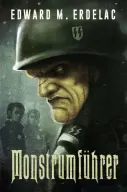
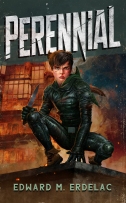

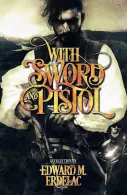
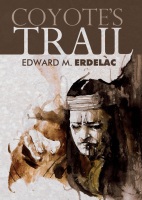


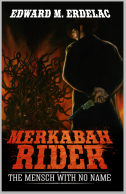




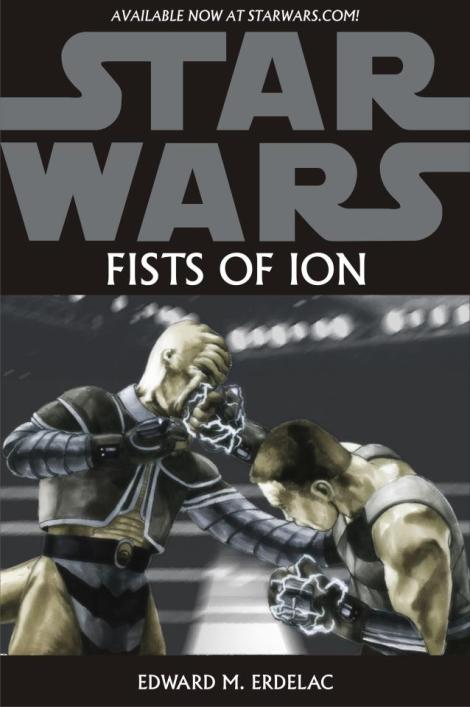



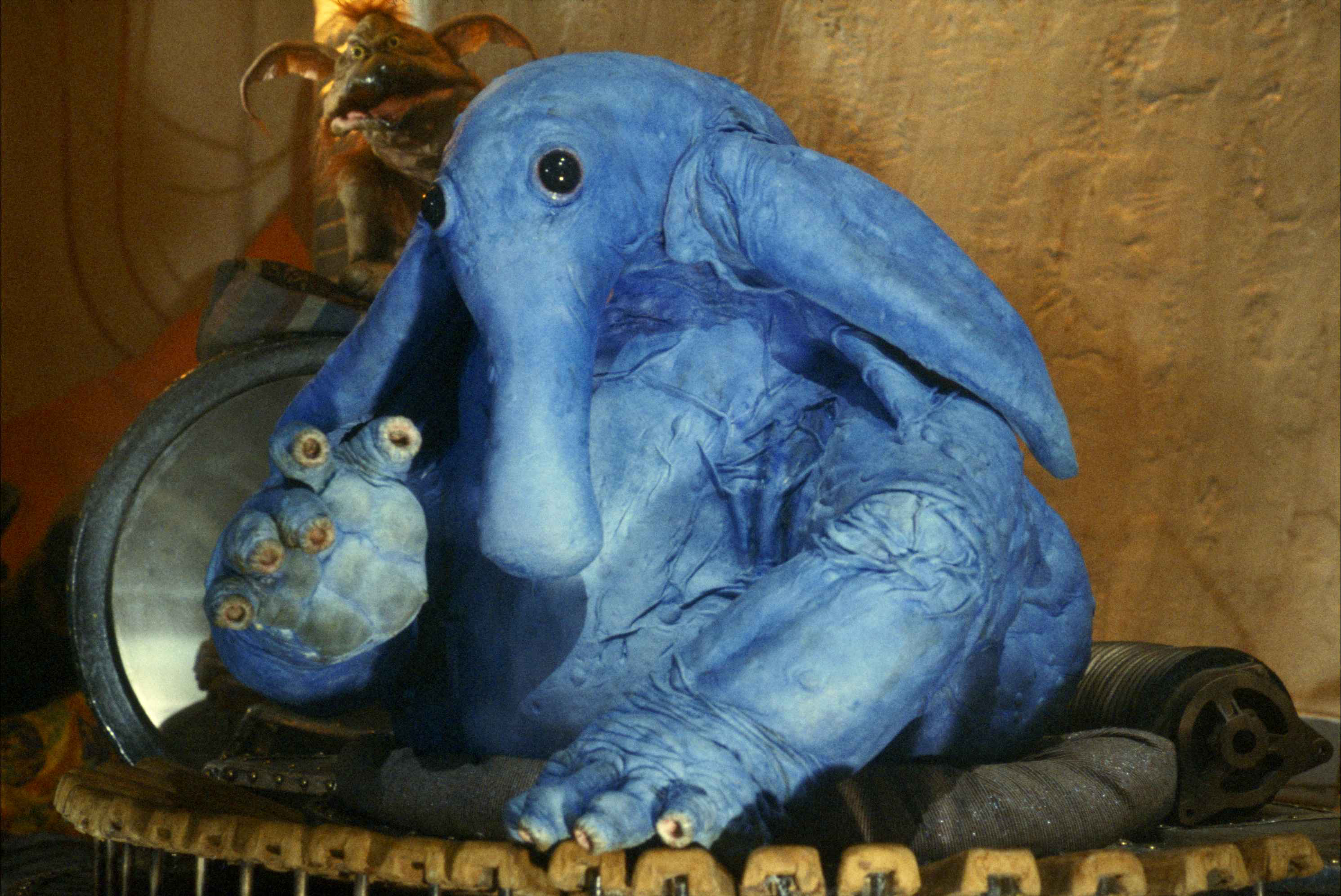

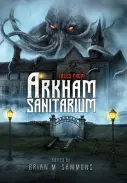


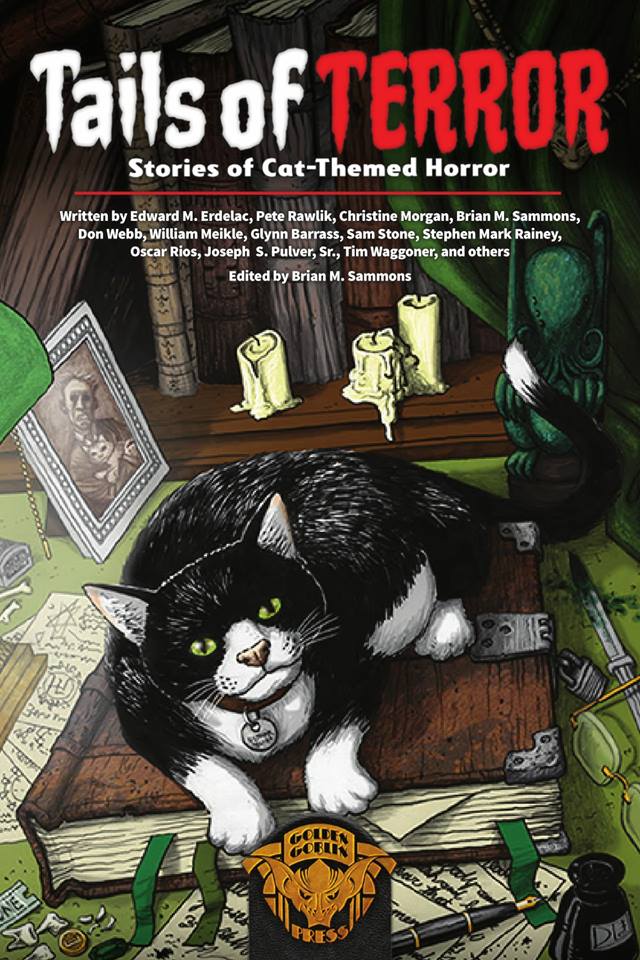




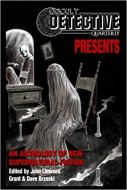
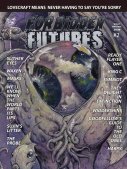






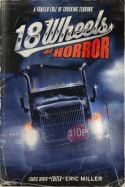
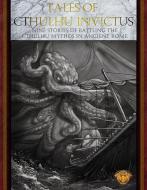
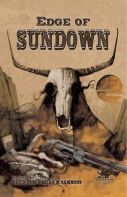




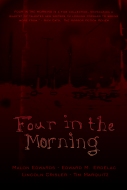



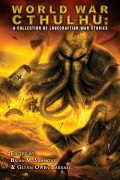



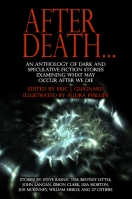

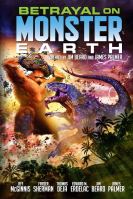

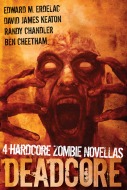




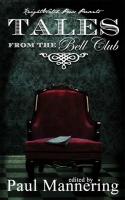
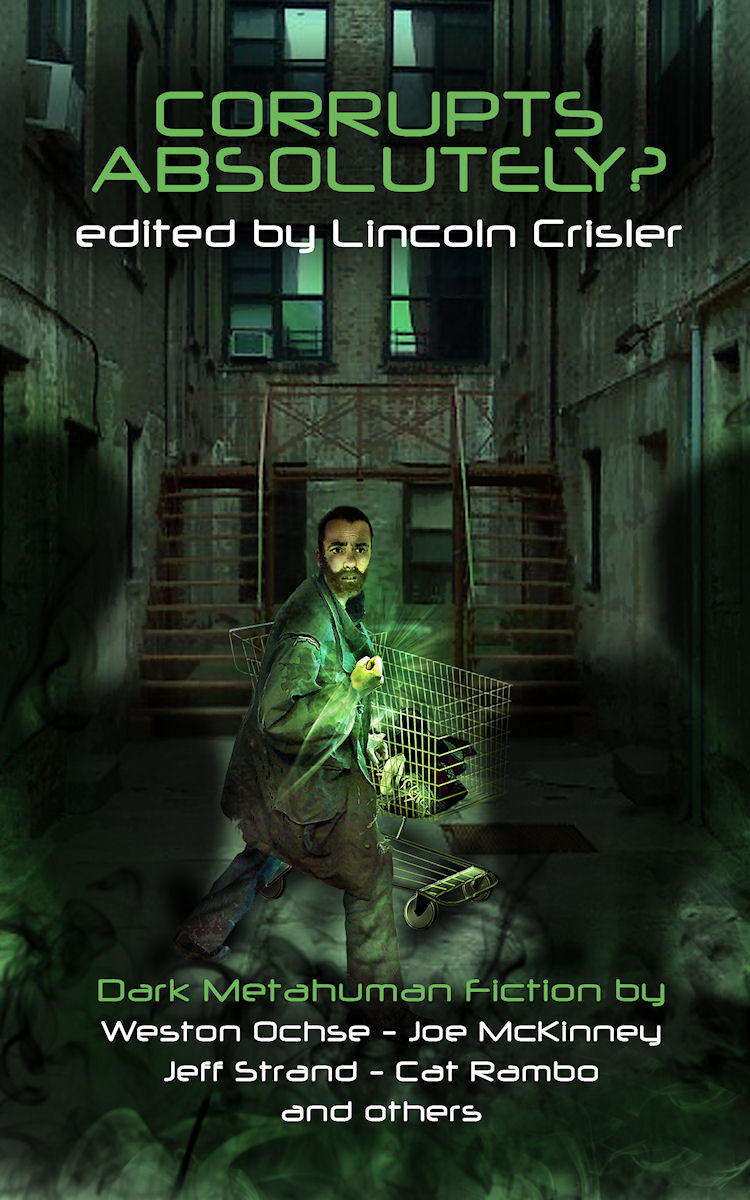
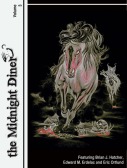
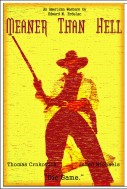




Leave a comment